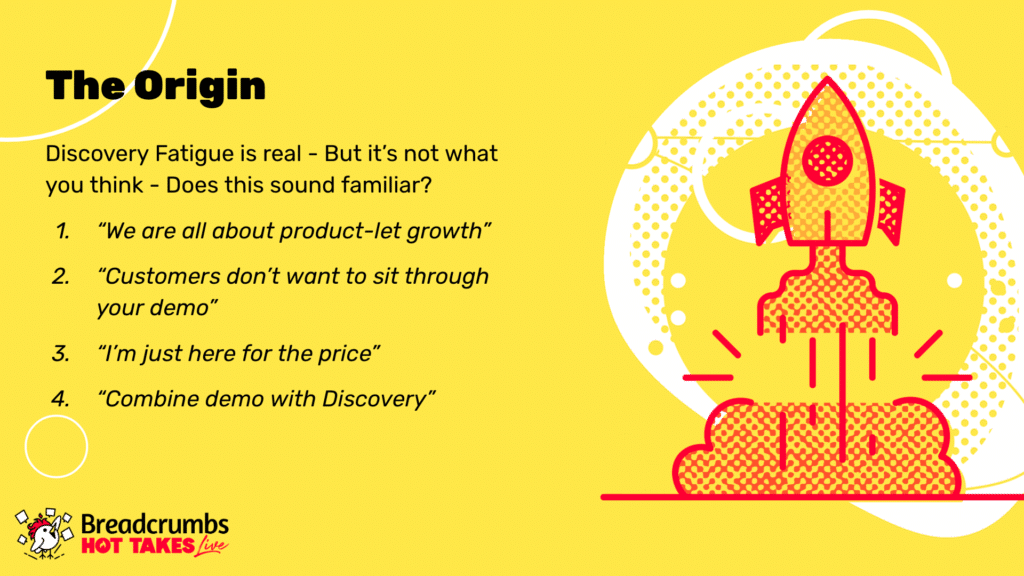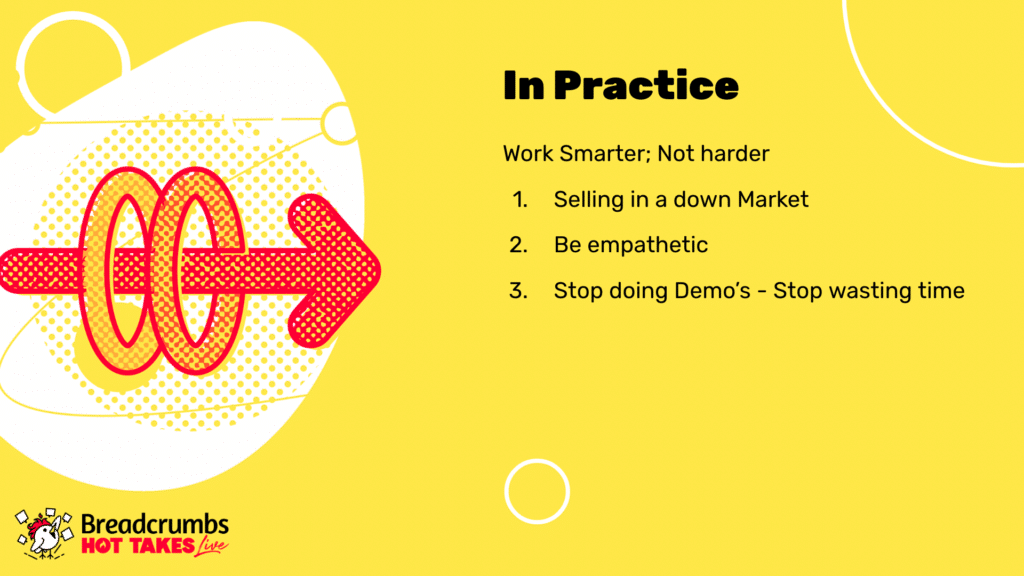

Unkover your competitors’ Marketing Secrets
Say goodbye to wasting hours on competitor analysis by equipping your team with an AI-driven, always-on competitive intelligence platform.


Say goodbye to wasting hours on competitor analysis by equipping your team with an AI-driven, always-on competitive intelligence platform.

Stay Ahead with AI-DRIVEN Competitive Intelligence
Unkover is your AI-driven Competitive Intelligence team delivering critical updates about your competitors the moment they happen:
Track your competitors website changes
Why spend all day stalking the competition when you don’t have to?
With Unkover, you’ll know instantly when your competitors tweak their messaging or shake up their pricing. No more endless scrolling through their sites or second-guessing your strategies.
Let us do the heavy lifting for you, ensuring you’re always in the loop by notifying you the moment a critical change happens on your competitor’s pages.
Sit back, relax, and keep winning—Unkover makes sure you’re not just in the game, you’re always a step ahead.


Read your competitors emails
Companies love updating their customers and prospects about relevant news, product updates, and special offers.
That juicy info from your competitors? It’s yours too. Unkover will automatically capture all their emails and bring them right to your doorstep—accessible to your entire team, anytime.
[COMING SOON: Our fine-tuned AI will sift through these emails, extract key information and send them over to the best team within your org. Less noise, more signal!]
We hear you! Unkover’s goal is not to flood you with tons of data points that no one in your team will ever read. We gather competitive intelligence from thousands of data sources and use AI to highlight actionable information to the right team in your company.
Say goodbye to noise. We’re 100% signal.
ROADMAP
We’re excited to get Unkover in your hands as soon as possible and keep building the best competitive intelligence tool with your precious feedback. The roadmap for the next few months is already exciting, so take a look!
While we build and deliver, here’s our promise to you: as an early tester and customer, you’ll lock in an exclusive bargain price we’ll never offer again in the future.

Spy on your competitors’ full marketing strategy: social, ads, content marketing, email flows, and more.

Track competitive Win/Loss analysis and build battle cards. Get alerted at every pricing change.

Get immediate alerts when competitors announce new features or major releases. Identify strengths and weaknesses from online reviews.

Get the competitive intelligence you need where you need it: Slack, eMail, MS Teams, Salesforce, Hubspot, Pipedrive and more.
slack integration
Unkover’s Slack integration lets you keep your whole team up to speed with your competitors’ updates.

Join now to lock in an exclusive 50% lifetime discount
For startups and small teams, it’s the essential toolkit you need to keep an eye on a select few competitors.

Up to 5 competitors

50 pages monitored

10 email workflows

3-day data refresh
$39
/per month
$ 79
50% discount
Billed annually
For growing businesses, it allows you to monitor more competitors, pages, and email workflows.

Up to 10 competitors

100 pages monitored

20 email workflows

1-day data refresh
$79
/per month
$ 159
50% discount
Billed annually
For large companies, it is tailored to meet the needs of multiple teams needing granular insights.

Custom number of competitors

Custom number of pages monitored

Custom number of email workflows

Hourly data refresh
Custom price
Billed annually

Discovery fatigue is a real thing in today’s market. Information is readily available, and buyers don’t want to listen to AE discovery calls.
But is that actually true?
Have high-performing Sales teams actually stopped doing discovery, or are they just doing it differently?
In this session with Tarmo van der Goot, Vice President EMEA for Chargebee, we discuss why discovery isn’t dead; you’re just thinking about it wrong.
Joe Aicher
Welcome to the Sales Stage for Hot Takes Live; super excited to have you guys join us today.
We’ve got a full schedule with one of the stages that goes all the way to the end with speakers.
To get us kicked off, I’m super excited to introduce one of my former colleagues Tarmo van der Goot, who used to work with me in a previous role and is now currently Vice President of EMEA at Chargebee.
Let’s welcome in Tarmo. Thanks for joining us!
Tarmo van der Goot
Thanks for having me, guys!
Joe Aicher
Looks like you are going to be talking about discovery, so I’ll let you get started and get out of your way.
Excited to hear what you’ve got to say!
Tarmo van der Goot
Perfect, and since we’re doing this live, just to confirm, can everyone see the presentation? There we go!
So we’ve got 10 minutes and 5 minutes for questions, so I’ll dive right into the topic of today that we will discuss: “Discovery is not dead; you’re just doing it wrong!”
Very quickly, Who I Am: Vice President EMEA for Chargebee. I’ve been running the data operations here for the last few years for Europe.
An interesting fact about myself: I’ve been trying a lot but am still not good at golf. I’m taking on any challengers, and you have a very good shot of actually beating me.
The Origin: To start off, “discovery fatigue” is a real thing, but it’s not what you think. Hopefully, some of the things [that I refer to] can sound quite familiar.

I’ve heard it all before, and I’m not saying it’s wrong.
Product-led growth is important, but if it’s all about price, then you’re just doing it wrong because people don’t necessarily just want to sit through your demo they just want to see the product.
I also feel the same way every now and then; I also evaluate tools, and I also get bombarded with question after question. Sometimes I say to myself, “Just hurry up and show me what I want to see already,” or sometimes, and this is even worse, I immediately get the demo, and then halfway through the presentation, I get bored to death and start falling asleep. All I can think about during that time is the amount of time wasted. So stop doing those demos.
Here’s the thing: When I’m a buyer, and I approached your company, you don’t know my problem yet. You don’t have any clue what the reason was for me to actually go to your page and schedule a meeting with your sales team to learn more.
I’d like to explain this with the following.
For example, if I want to go and visit the zoo and I want to see my favorite animal; just so you know, my favorite animal is the Emperor penguin, and while walking in the zoo, a zookeeper comes up to me, he starts showing me and talking to me about all the amazing animals that they have in the zoo.
I literally don’t care how awesome your zoo is. I don’t really care how many animals you have. I don’t care how many animals you’ve already released in the wild.
This is all a lie, by the way; I do highly appreciate those types of programs, but I mean, if you start showing me the giraffes and the antelopes and the lions or a red panda, I couldn’t care less, not at first at least.
If I’m visiting the zoo and I want to see my favorite animal, show me my favorite animal already. In my case, show me those penguins. After seeing those penguins and I’m happy, then you can go ahead and show me the rest of the animals.
That’s the crux of it. If your buyers are scheduling demos and you’re immediately starting with showing your products, but you don’t know what the actual problem is, then you are the problem because you’re not giving them what they’re there to see.
Discovery fatigue is a real thing, but buyers do still love a good discovery. What they don’t like is a bad discovery. They hate sh*tty discoveries, so what we need to do as sellers is that we need to learn and know what the problem is so we can actually quantify the size of the problem.
So how does this actually look in practice?

We all know, and sometimes it’s the elephant in the room, but we are selling in a down market right now, so what does that actually mean?
In today’s world, the CFO’s office is running the company. If your software or product is not ‘mission critical,’ then you’re in trouble because everything is currently being evaluated.
When times are down, you have to increase the perceived value of your offering. You do this not by just focusing on what people get but actually highlighting the cost of not doing anything, and I’m sorry to say this, but you’re not going to be able to do this by immediately going into a demo, showing everything that they did not come to see in the first place because again, you don’t know their problem yet.
So what you or sellers need to do is to be empathetic.
Maybe your company has also gone through this or something similar. Companies are cutting costs right now, so this means layoffs are happening all over. Unnecessary products are being discontinued and are not the top priority right now.
That also means that they’re not going to buy anything if it has not proven its worth.
So what you or your sales team needs to do is focus on how you can actually help your customers, and your customers, in this particular instance, are also going to be that CFO who is running the company right now, and help them save those costs and be more effective with their budget.
So you also need to be empathetic to what they’re going through because if you’re not empathetic, you’re not able to show the true value that your product brings. Again, you’re not going to be able to move forward.
So forget about the nice-to-have that your product might have because, again, I’m very sorry to say, in today’s world, no one really cares about the features that you offer.
I mean, it’s not necessarily that they don’t care, but you need to prove your worth in today’s market more as a recession survival kit. The only way to be able to get to that actual problem and to be able to show how your product is going to be valuable to the CFO is by doing proper discovery.
So what we all need to do is stop wasting people’s time.
Stop doing demos that are similar to the tour of the zoo where you’re showing all the animals when all I actually want to see is the penguins.
We need to focus and go back on focusing on the problem. We need to connect the dots between an actual quantifiable business problem and your own product because if you only focus on your own product, believe me, your prospects are just going to get bored, and you’re not going to be able to move forward.
So again, what we need to do is to start listening, but then again, really listen! We need to start solving because if you’re only solving a technical issue in today’s market, for a CFO, that’s not necessarily worth the limited budget that they’re working with in today’s world.
So, how can you do this? By a properly thought-out discovery process that is centered around the business problem of your prospect or customer!
So, in conclusion, what I’d like to say is yes, discovery fatigue is a real thing, but discovery is not that. You need to be able to learn to do better discovery because buyers love good discovery; they hate a sh*tty discovery!

Hot Takes Live
Replays
Catch the replay of Hot Takes Live, where 30 of the top SaaS leaders across Marketing, Sales, and RevOps revealed some of their most unpopular opinions about their niche.
These leaders shared what lessons they learned and how they disrupted their industry by going against the grain (and achieved better results in the process).
Joe Aicher
Awesome, thank you, Tarmo!
I’m thinking through a lot of what you were talking about, and it’s really interesting to think about new reps coming in.
I think people who have come from other organizations often want to take the shortcut, and somebody requests that demo, and they just want to jump right in because they want to be people pleasers.
How do you help your new reps that are joining the sales organization to get out of those old bad habits?
Tarmo van der Goot
Yeah, I mean, it’s all about enablement and not throwing your wraps too soon through the fire and expecting them to do everything perfectly from day one.
You need to be able to teach them how the product works so they understand what the features are.
I’m not saying sell the features, but you need to have a good understanding of what your product has to offer because when your reps are comfortable and confident about their selling, that’s when they’re also going to be able to ask the right questions and to be able to quantify someone’s business problem.
So what does this mean?
Hypothetically, let’s say someone comes to your demo and they say, “Well, I have a problem with my invoicing.”
That’s a technical problem.
So what a lot of reps do then is, “If you have a problem with your invoicing, then let me show you how we can solve this…” I mean, yeah, a lot of people can probably do the same thing. What you need to do is be empathetic, listen, and actually understand by asking more questions.
So if you have some technical problems with your invoicing, what does this actually mean? Why are you having those problems? When those invoices are not working the way they should, what does it mean for your balances? Are you not able to generate enough invoices on time? How much money are you losing?
Were you trying to purchase another product to help you grow into the next stage, but because your invoicing isn’t working the way it should, you don’t have the cash flow anymore?
Now instead of coming in with a technical problem, you’ve come across a business problem, and again, the only way that you get to that stage is by asking the right questions, and you can only ask the right questions with the right amount of product knowledge.
Joe Aicher
Yeah, for sure!
The other thing that I was thinking about, something that we talk about a lot here at Breadcrumbs, is this idea of discovery through a demo.
Where you’re going to go and set up your first call, you’re going to make sure you do that thorough discovery, and you’re going to touch on one highlight of the product, but as you get into call two and call three, you’re continuing to showcase products and features that are relevant to them or could solve their problems.
We’re still trying to pull out more information through that demo as a continued discovery. You’re always learning as you’re talking to your clients every time. Every conversation you have is another opportunity to learn another key piece of information.
Are you guys using some of those same strategies or think of those as the same way as you go through, or is it something different?
Tarmo van der Goot
No, we go down a different route, but again, it also depends a lot on your product.
So, let’s say you have a ‘mission critical software’ that touches a lot of different areas within the organization.
Obviously, that becomes a different sale then, and you’re basically solving one singular problem, and that’s all you’re doing. Then, you can actually dive into the matter much faster and much quicker.
But again, the challenge that you have by doing the demo and discovery at the same time is that your starting point is “I don’t know what I need to show…” and if you have someone who’s highly engaged, done a ton of research, knows exactly what they need, they’ll say “Joe I need a demo from you. I’m already sold [on the product]; I just need you to show me a couple of things more.”
That’s perfect! We have gotten those requests, too, but what happens more often is, “I’m kind of on the fence here, and my CFO has a very limited budget.”
So you actually need to do some work in order to not only convince me [the customer] but my entire C-suite that the limited budget that we have should be spent on your solution.
Joe Aicher
Yeah, I think very rarely do we reach that panacea of “I’m already sold; just show me what I need to see, and we’re done,” but that’s the idea we’re always looking for.
Great, thanks so much for your time Tarmo!
It doesn’t look like we have any questions from the group, so if you guys want to go back and re-listen, you guys have access to these afterward and can pause on any of the slides.
Thanks again, Tarmo; it was wonderful talking to you; we hope to connect soon!
Tarmo van der Goot
Thanks, all! Thanks, Joe!